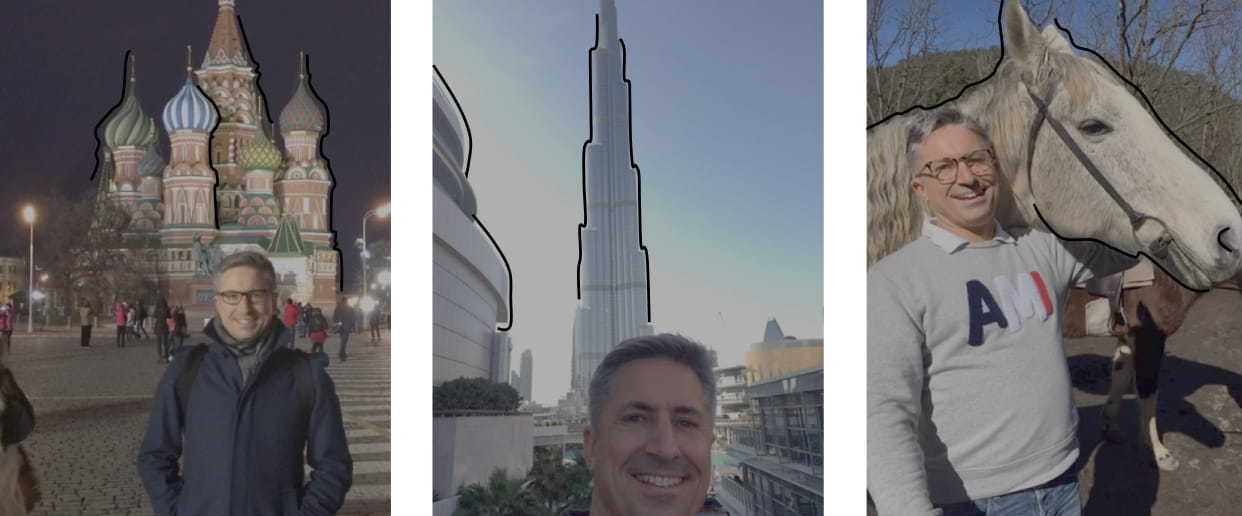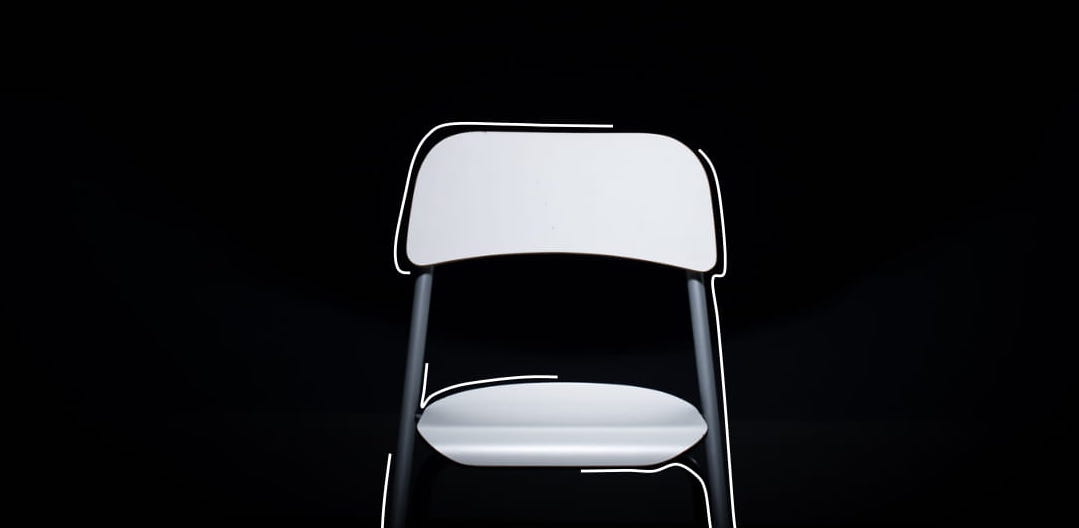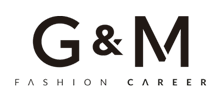Henri Devos is a consultant specialised in executive coaching, leadership training delivery, and HR services. His professional journey led him to work in many industries such as: banking, telecom, consulting, luxury retail; he worked and lived around the world including in Belgium, France, Australia, Italy, Spain and Switzerland. We wanted to give our readers the chance to see through the eyes of a passionate visionnaire, multifaceted & intriguing professional. ![]() Could you please give us a brief introduction of yourself?
Could you please give us a brief introduction of yourself?![]()
I was born in Flanders (Belgium) in an environment where family, travelling, arts and culture were very present. I studied languages and did a masters in Romance Philology (study of roman languages from a larger perspective with topics like Italian, French, Spanish, Latin, literature, grammar, linguistics). During my studies I did a holiday job at the HR department of my university (KU Leuven Research and Development, Belgium), where I began to understand that the role of an HR is not just about making sure people get paid, it is most importantly about adding value to people’s career. And after a couple of years working in HR, I decided to do a masters in Human Resources while I kept on working full time.
I have many passions and hobbies, such as cooking, eating and travelling – which combined allow me to discover how local food is made in different countries. Cooking by the way is the most precious gift you can make to your friends as it shows that you really care for them, and it always brings joy and great conversations at the table. I also love singing (as a child I would watch singers and dream of being one, but I was always too shy) and I sang in choirs in Brussels, Paris, Sydney and Milan. And finally I am planning as of next year to produce some olive oil in the South of Italy (Puglia).![]()

![]()
If you could describe yourself in 3 words what would they be?
Excellence: in everything I do I try to do the best I can by continuously setting high standards. I am moved and motivated by beauty and perfection, in todays world where you can buy everything for the cheapest price we tend to lose the attraction of high quality and excellence, for me its an important value.
Renaissance: in all modesty I believe that I have knowledge & talent in many areas, I can express and adapt myself in many circumstances, I speak several languages, I am not limited to one specific area – I am motivated by diversity. I am always eager to learn something new (I even took Arabic lessons a while back, and it was a great way to challenge my mind). The qualities of a Renaissance individual are curiosity, risk taker, able to make tough decisions, creativity, self-discipline and eagerness to learn. As a Renaissance person, I have strong beliefs in diversity & authenticity in my approach. Some Renaissance people that have inspired me are Hedy Lamarr : she was a very famous and beautiful actress in 40s and 50s, but she was also an inventor (she developed technologies that became a precursor to wifi, GPS and bluetooth), something a lot of people do not know about her. Also Leonardo Da Vinci is a typical Renaissance man: he could both put together an amazing firework show and paint beautifully. He was an inventor : he created flying machines, and at the same time he was very keen to explore and understand how the human body functions.
Empathy:a key skill to communicate well, and unfortunately it is not often present. You meet people at a party and no one asks questions, everyone talks about themselves. I think it is really important to ask meaningful questions about how people are, what they did in the past day, what drives them, what inspires them. These questions demonstrate that you are keen to get to know the other person, and that you have empathy. Empathy is one of the key corner stones of strong leadership, it is an essential footprint skill for managers today.![]()

What drove your educational and career choices?
I was driven by:
- Curiosity (a short advice to anyone: try to always be open minded for a variety of experiences and careers, do not limit yourself and work in just one niche market)
- Move around industries – as an HR it is important to understand the business that you are working in. Some industries are not very transparent, and you have to dig deep to understand their key aspects. I encourage everybody to switch industries as often as you can and gain diverse experiences. We see that more and more industries are fusing together, and if you have worked in different businesses you are better able to adapt to these new future industry models.
- Focus on talent and people development: contribute to preparing the leaders of tomorrow.
- Companies where HR is playing a strategic role.
![]() Through your eyes, what does it mean to be an HR today?
Through your eyes, what does it mean to be an HR today?
The role of an HR today has changed a lot: historically it started with being a personnel administrator and it then evolved towards a controlling function, More recently it became a business partner role where you represent the interests of both the company and its people. An HR today adds value to a business by developing the right talent that it needs for today and tomorrow. This responsibility starts with making good recruitment decisions and bringing in the right talent. It then evolves with nurturing and developing these talents, by challenging them and recognising their efforts. More importantly it is about understanding the job needs of tomorrow, and about preparing talents to become their future leaders.
I like to use a quote by Richard Branson when talking about people management, he says:
“Clients do not come first. Employees come first. If you take care of your employees, they will take care of the clients.”
– Richard Branson
![]() What are the biggest challenges you face as an HR?
What are the biggest challenges you face as an HR?
HR professionals today are crushed by heavy administration and so it becomes increasingly important to get organized and not having to spend too much time on checking pay roll and data: a clever HR database system allows an HR to provide clever reporting and analyses that will benefit business decisions.
Legal restraints are constantly changing, and as an HR you need to be on top of that, and know where you can access the legal information. The role of an HR is not to be an expert in everything, but to know a little bit of everything.
![]() What is the future of HR in your opinion? and some future challenges?
What is the future of HR in your opinion? and some future challenges?
Technology has revolutionised the way we have access to and use information. We have all become digital and managing data has become an obsession. Technology is giving HR leaders an opportunity to redefine themselves, to answer the need to change fast, to rethink the way we hire, engage, develop, reward and lead work forces. HR can navigate in this new landscape by using artificial intelligence and big data, by using smart ways to collect and use information.
HR can add strategic value by:
- Transforming their leadership, and make them change from being controllers to become skilled in networking, relationship building, empathy, agile thinking, digital mindset, coaching, diversity.
- Proposing personalized and transparent rewards & benefits, adapted to everybody’s needs (one will favor having a dry cleaning service at the office, the other will favor more time at home).
- Improving the employee experience and looking after them first, use design thinking (create for example journey maps), encourage visual and creative thinking, promote vertical learning over horizontal learning.
- Enhancing the recruitment quality: use social media, assess cognitive people skills, screen CVs using AI technologies (which allows a huge time gain while avoiding favoritism).
- Analyzing people data so that demotivated people can be tracked, career expectations can be anticipated and resignations can be avoided.
- Analyzing efficient team structures and anticipating new job creations, transforming skills of existing staff to meet future business needs.
![]() Let’s imagine I have an interview coming up with you soon, what are some tips/suggestions you could give me to prepare?
Let’s imagine I have an interview coming up with you soon, what are some tips/suggestions you could give me to prepare?
- Do some research about the company online, and try to reach out to people you might know who worked there: it is key that you gain as much information as you can about the company and the department you will want to work in. This demonstrates that you have made an effort, which shows that you are keen to join the company.
- You can prepare for the interview itself – there are a number of questions which are most probably going to be asked: e.g. “Tell me about yourself”. Prepare this question carefully, (take it as an opportunity rather than a burden) it is a chance to ‘sell yourself’ and to demonstrate what you are capable of through good storytelling (make sure to express yourself in a way that will keep the attention of the interviewer alive).
- In terms of attire: look the part, but it is not just about having the latest Chanel bag: instead express your personality through your dress code.
- Always prepare some questions you can ask the interviewer (about the boss, team, any company related news)
- And finally: take notes during the interview.

If you could restart your career, what would you change & why?
I wouldn’t change anything, except maybe that I would select my bosses in a better way, (some mediocre bosses though have also helped me to understand what not to do). I think its important to be inspired and learn from your boss. Sometimes I have been so eager to join a company that I made the error of wanting to please the interviewers and I ignored the red flags I might have noticed. Make sure you meet your future boss before accepting the job!
![]() Your career path includes many leading brands in their given industries, that my generation dreams of entering – what is your advice for us?
Your career path includes many leading brands in their given industries, that my generation dreams of entering – what is your advice for us?
Today it is important to build your profile, and you can do so through social media (especially LinkedIn and also others like Instagram), show who you are through what you post, show your intellect and your values. Become international as soon as you can – knowing different languages and traveling around the world is very appreciated. Try to change industries (and dare to select unusual ones). Working in the luxury industry is fun, but also scratch the surface and see what is underneath (it can be cut throat and it is highly competitive). If you are really keen to join the luxury industry, my one valuable tip would be to consider working in a store (luxury is all about retail), and to do so especially at the beginning of your career.
![]() Today as an executive coach & consultant of your own company, what values and approach do you follow?
Today as an executive coach & consultant of your own company, what values and approach do you follow?
I am a strong believer in diversity and authenticity as important characteristics for future leaders.
Recently this year I attended a course with Oxford Leadership on Self Managing Leadership and I was asked to define my mission and what I want to achieve, and so I came up with the image of a watering can, and I developed this statement which I believe describes well my approach and my values:
I am a gardener who waters and nourishes people to become who they truly are, and to have access to further wellbeing. I create a garden with and through them, that becomes the home for a large variety of plants and trees where all have a place. I help plants to create beautiful flowers and succulent fruit by challenging them with fertiliser (a mix of good minerals and smelly faeces). Large trees shelter smaller plants, and eventually the garden becomes self sufficient, and I can move on to other territories.
What it’s like to see through Henri’ eyes:
As a young professional at the beginning of my career I was very inspired by Henri Devos’s philosophy. In a day & age where everything is out there and pushed in our faces, it’s hard to keep a curious and reflective mind. Henri Devos is a clear example of how far curiosity can take you, he reminds us the essentiality of personal growth and how it extends in your career. We hope this interview inspired you just as much as it did for us!

